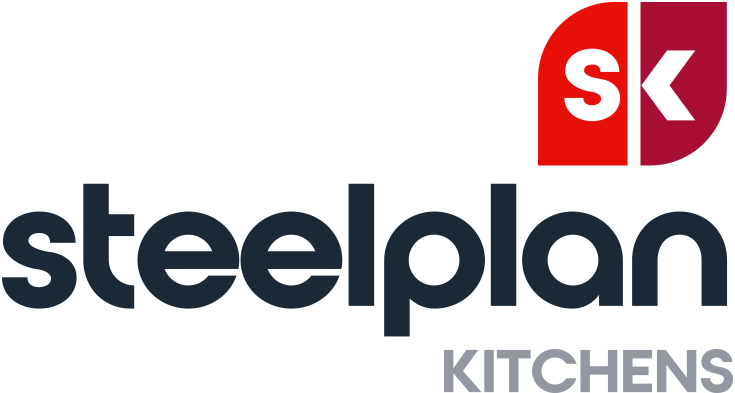Sustainability is on the minds of a lot of community group kitchens. Whether that is about the environment, or about helping your kitchen operate as well as possible for as long as possible, here are our tips for future-proofing your kitchen.
Take an inventory of your equipment
If your community is growing or the demands on the kitchen are increasing, then the variety or quantity of your equipment may need to expand as well. A simple inventory can reveal gaps you weren’t aware of, and help you anticipate where there might be extra need in the future.
Taking an inventory also helps when you have specific ambitions in mind. If you are planning new varieties of cooking or catering for new types of events, then you can easily assess how well equipped you are for those, and whether you need to acquire more equipment.
For advice on what equipment your kitchen might need, speak to an expert at Steelplan, who can advise on the design and features that will help you achieve your goals. Call 0208 254 0090 or email [email protected].
Reduce waste
If you frequently have leftovers from catering, then reducing the amount of food you produce could be a very positive economical and environmental step.
Monitor your regular events to see how much is actually eaten and drunk, and if there are any patterns in the over-preparation. That way, you can buy and use a more reasonable amount of food and drink, saving money and cutting waste.
Also, if you do have leftovers, or more generally a surplus of ingredients, then making an immediate plan can ensure that it doesn’t go unused and end up being thrown away. Discussing what is in the cupboards and the fridge (and what to do with it) means foodstuffs aren’t out of sight and out of mind, to be forgotten until they have perished.
Choose a scalable, adaptable, robust design
You might find that for the growing room you need, and for a kitchen that can handle your use, you need to renovate. There is no point in installing a new kitchen unless it will last, so here are a few tips.
- Choose your kitchen materials well. Domestic style kitchens do not last in semi-commercial environments like churches and community centres. Choose a polyester powder-coated mild steel, which is hygienic and durable by design, or if you opt for wood, make sure it is certified for heavy use by FIRA, and that it uses a tongue and groove system instead of screws and glue, which create vulnerable spots for deterioration.
- Make efficient use of space. Some kitchens make space limitations worse with inefficient layout. Smart design can maximise the available space and unlock more potential from the kitchen footprint. Emal [email protected] with your challenges, and we can look at your kitchen to see how to improve your layout.
- Design for the future as well as the present. It is a good idea to renovation the kitchen for the uses you expect, not just the ones you have now. You can also build flexibility into the design, with features like mobile kitchen islands than can provide extra work surfaces, or adapt the workspace to allow better flow or to accommodate more people.
Seek sustainable suppliers
You can improve your environmental and social impact when you choose who and where you buy from. It can be as simple as choosing not to buy imported foods that require lots of transport, and instead sticking mainly to foods that are seasonally available in the UK.
You might also choose to buy from local suppliers, so you can keep money in the local economy and help community employment. You can also check the environmental credentials of anyone you buy from, so you don’t indirectly contribute to emissions or other environmental damage.
It might not be practical for many groups to grow their own fruit and vegetables, but if you can, it is not only sustainable, but highly rewarding, and also serves as an excellent community activity. You can also consider partnering with local residents or allotment growers.
For advice about running sustainable kitchen and the design solutions to achieve that, get in touch with our friendly team, who are more than happy to discuss your goals, your kitchen challenges, and your options for a kitchen renovation. We can even offer a free 3D mockup of our kitchen proposal, so you can see what the kitchen would look like in situ. Call 0208 254 0090 or email [email protected] to find out more.





